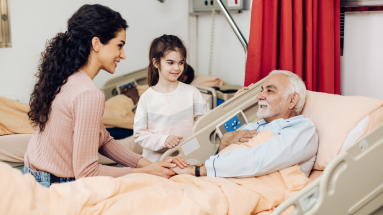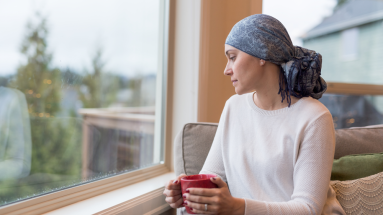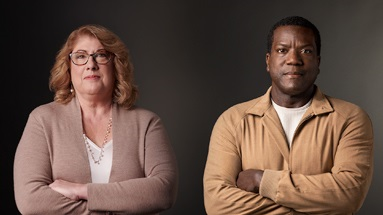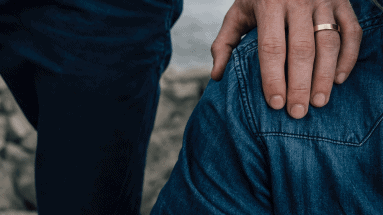Being a Caregiver to Someone Struggling with Fatigue
Being a Caregiver to Someone Struggling with Fatigue
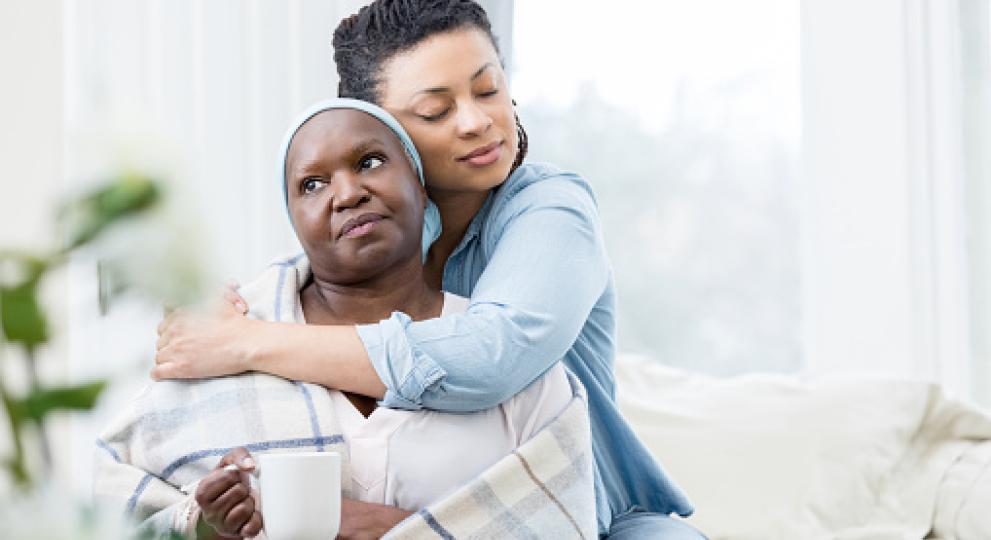
If you’re a caregiver to someone with cancer, you may notice they don’t have the same energy they once had.
That’s likely because of cancer fatigue, one of the disease’s most common symptoms, affecting more than 80 percent of people with cancer. People living with cancer may experience fatigue no matter how much they sleep, and even if they haven’t physically exerted themselves. In addition to feeling tired much of the time, people feel mentally exhausted as well.
As a caregiver, it can be helpful to understand more about fatigue. This knowledge can set you up to offer more effective and more compassionate help. Here are some things that may be helpful for you to know about cancer fatigue.
What to know about cancer fatigue
Cancer fatigue doesn’t always get better with sleep.
People may experience fatigue regardless of how long they sleep.
Fatigue may affect your loved one’s mental health, too.
Physical aspects of fatigue, such as feeling too tired to do their usual activities, can also affect their mental health. And some people struggling with fatigue hesitate to complain about it, in part because they may think nothing can be done about it or reporting their side effects could impact their treatment.
Physical activity may actually help your loved one feel less tired.
This might be surprising, but physical activity has been shown to help people with cancer improve fatigue.
While fatigue is often a part of living with cancer, there are things you can try as a caregiver that may help your loved one stay energized and manage their fatigue. Here are some Microsteps to consider — some for you as a caregiver, and some for you to share with your loved one. As always, consult with your care team for the management practices that are best for you.
Microsteps for caregivers to consider
Many caregivers forget that taking care of themselves can be an important part of taking care of others. These Microsteps may help you stay strong and resilient so you can be the best caregiver you can be, without burning out. You’ll show up best for the person you’re caring for if you first make time to show up for yourself.
Giving yourself “me” breaks.
Your role as a caregiver is important and meaningful. But you need time for yourself, too. Try setting time to do activities you enjoy and spend time with other people. Taking care of yourself is essential for your health and also helps you be a better caregiver.
Treating yourself like you would a good friend.
Many caregivers are hard on themselves, always thinking they should be doing more. If you notice yourself doing this, try reminding yourself to talk to yourself the way you’d talk to someone else you care about — with kindness and patience.
Putting one thing on your weekly calendar that makes you happy.
No one can be a caregiver all day, every day. Schedule lunch with a friend, time for your favorite hobby, or something as simple as a movie or short walk. You’ll give yourself space to decompress and something to look forward to.
Microsteps caregivers can share
Consider encouraging your loved one living with cancer to try one or more of these Microsteps to help manage fatigue.
Encouraging them to take short rest breaks.
Resting may help to manage fatigue, so consider encouraging your loved one to set aside time each day to close their eyes. Since longer naps may make it harder to sleep when bedtime comes around, try suggesting shorter naps that are less than 30 minutes.
Adding one gentle aerobic exercise to their daily routine.
Trying to be more physically active while tired might sound counterintuitive. But research shows that exercise may help reduce cancer fatigue and improve quality of life. Walking, jogging, cycling, yoga and Tai Chi are among the exercises that may make a difference.
Talking to their care team about exercise during treatment.
Research shows that exercising during chemotherapy, for example, may help manage side effects. Try encouraging your loved one to work with their care team, with your support, to create a personalized plan.
Asking their care team about sleep.
Cancer may change your loved one’s definition of a good night’s sleep. Since the relationship between sleep and fatigue can be complicated, consider encouraging them to check in with their care team to determine how many hours a night they should be sleeping and how they can effectively rest during the day.
Saying no to one commitment that isn’t a priority.
You may be able to help your loved one conserve energy and reduce stress by encouraging them to give themselves permission to skip, cancel or reschedule a non-essential activity.
Developed with Thrive






